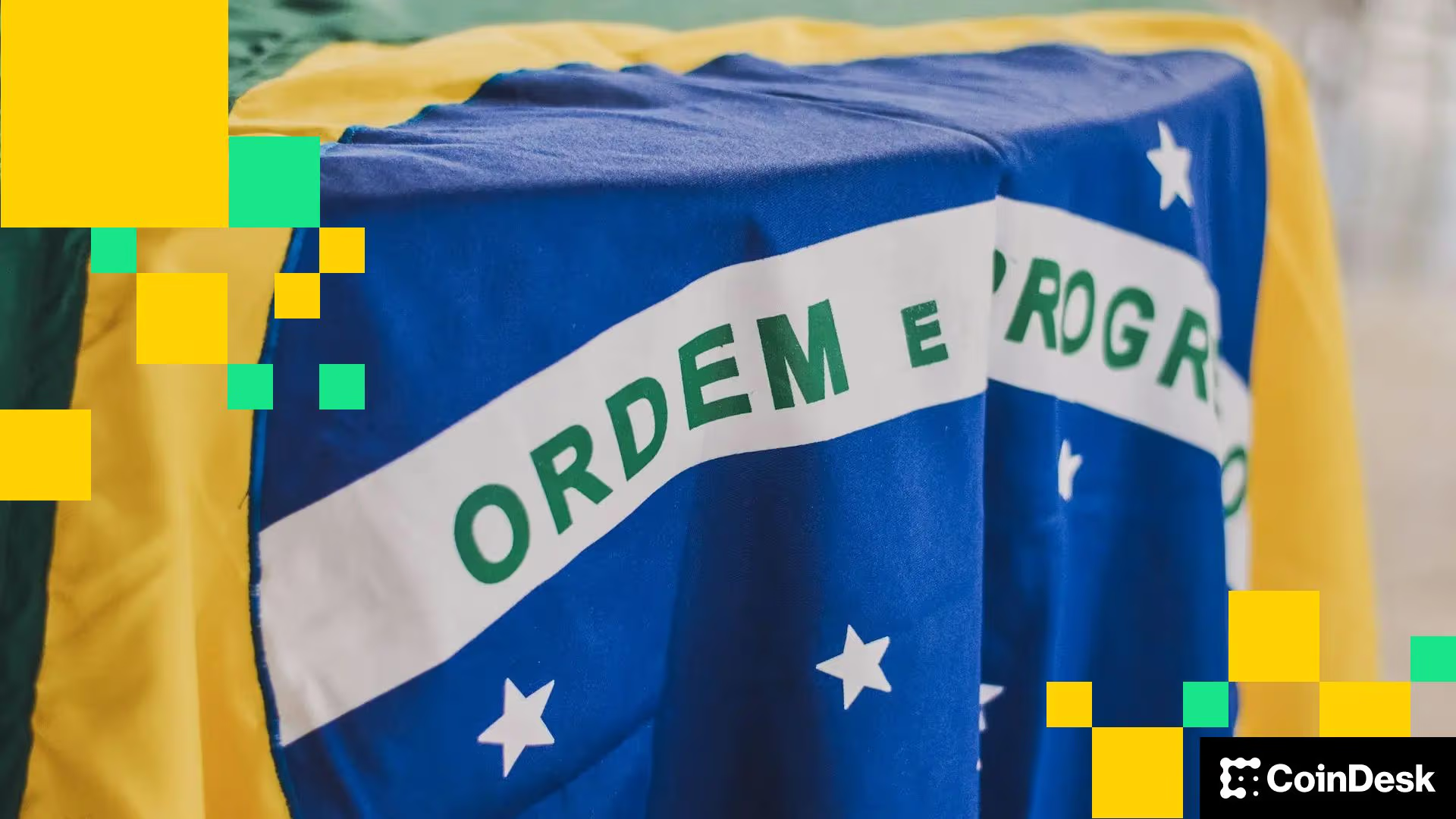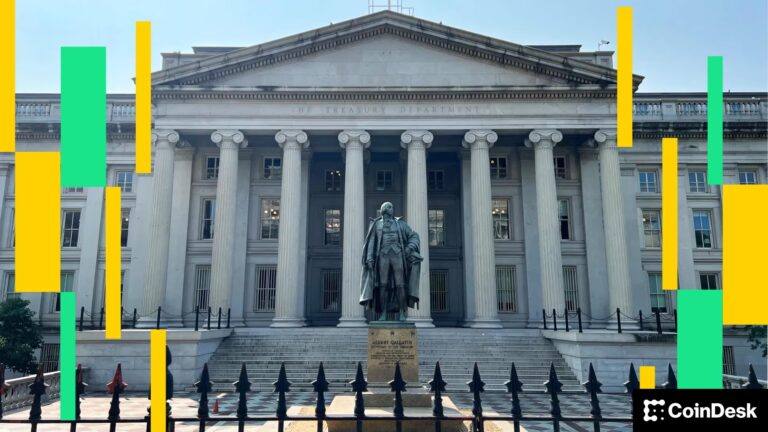Brazil Plans to Auction Off Confiscated Bitcoin to Weaken Crime Rings
Brazil Suggests Offloading Confiscated Bitcoin to Weaken Organized Criminal Groups
The envisioned statute, a component of the "anti-faction law", would regard digital currencies similarly to international currencies and monetary securities.
By Francisco Rodrigues, AI Boost|Edited by Sheldon Reback Nov 12, 2025, 4:49 p.m.

What to know:
- The Brazilian administration introduced a measure to permit the disposal of seized digital assets, like bitcoin, to undermine the economic base of structured crime syndicates.
- The proposed law, part of the "anti-faction bill", would treat cryptocurrencies in a similar manner to foreign currencies and financial instruments.
- The action is a fragment of a more extensive suppression of organized crime within Brazil, and it surfaces as the nation's monetary authority is putting into effect novel decrees obligating crypto firms to possess licenses and maintain capital holdings.
The Brazilian government suggested a legal measure to authorize the transaction of bitcoin and other digital currencies confiscated through crime probes, aligning with the nation’s apparent dedication to curbing structured crime.
Bill 5.582/2025, forwarded to Congress by President Luiz Inácio Lula da Silva, would empower monetary organizations to convert digital currencies into cash even preceding trial conclusions, paralleling the treatment of international currencies, drafts, and bonds. The consequences of acquittals after the fact remain ambiguous.
Government representatives stated the action is geared towards impacting gangs in their finances, further being a segment of a wider "anti-faction bill" that revises statutes regarding criminal conglomerates and the Brazilian code of criminal practice. The target is the economic framework of groups such as Comando Vermelho, one of the nation’s most formidable criminal entities.
The timing of the proposition holds relevance. It surfaces in the days following a prominent law enforcement operation in Rio’s favelas that resulted in the deaths of 121 individuals, predominantly supposed gang affiliates, marking it as the country’s most lethal police undertaking to date.
Authorities reported that the operation concentrated on figures within Comando Vermelho and engaged over 2,500 officials.
The drive to liquidate seized digital assets is concurrently taking place with a major regulatory transformation undertaken by Brazil’s central bank. The central bank publicized fresh regulations mandating that crypto firms secure licenses and uphold monetary reserves ranging from 10.8 million ($2 million) to 37.2 million reais, influenced by the scope of their business activities.
These regulations, set to be active by February, classify an extensive array of crypto engagements under Brazil’s laws governing foreign exchange and capital markets.
They require corporations to disclose global transactions, incorporating stablecoin disbursements and transfers to independently managed wallets, further establishing a $100,000 threshold on each exchange involving foreign currency.
The anti-faction bill is under immediate consideration within Congress and must undergo a voting procedure by the 18th of December.



